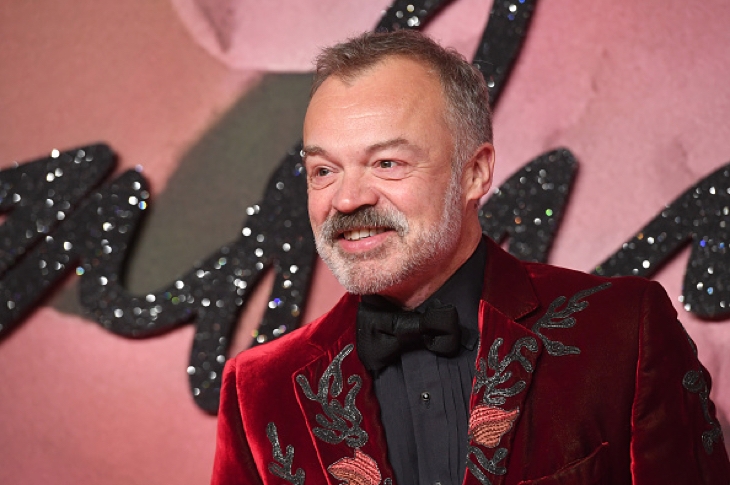Nothing seems to excite BBC reporters more than covering stories about the BBC. You can tell it in the tone of their voice. Look at us, they are saying, we’re so professional and impartial that we dare do stories on our own bosses in the same way as we would on the government or on some miscreant private sector company. It was inevitable, therefore, that the revelation of the identities of 96 BBC presenters paid more than £150,000 a year, would top the BBC news agenda this morning. I wouldn’t take too seriously stories that the presenters themselves are nervous about the public reaction – my guess is that those covering the story really rather enjoyed this morning.
It also gave the BBC the opportunity, of course, to put their own spin on the story – which was to try to turn it into an issue of gender inequality, on the basis that only a third of the recipients of salaries over £150,000 are women. Director-general Tony Hall said that the BBC was working hard to close the gap by 2020. In other words, give a few women some fat pay rises and all will be well.
But no, it won’t all be well. The BBC is funded through a hypothecated tax, the licence fee, and is therefore part of the public sector. It should be subject to the same pay restraint as is applied to the rest of the public sector. On becoming Prime Minister in 2010 David Cameron warned that any public sector organisation would need a very good reason to pay any employee more than the £142,500 he then earned (Theresa May now earns £150,000). The BBC, however, seems to think it ought to be exempt from any kind of restraint.
The BBC’s argument that it needs to pay fat salaries in order to compete for talent with the commercial sector undermines its own claim to be a public service broadcaster, making programmes that the commercial sector would not consider worth making. If, say, ITV wants to poach Graham Norton then it is proof that the commercial sector does want to broadcast his show – and therefore, by definition, it is not public service broadcasting.
There is a simple solution. If the BBC doesn’t like the idea of its presenters’ pay being divulged, it should give up the licence fee and fund itself commercially through a subscription fee, or raise it through sponsorship, advertising or some other form (the BBC pumps out enough advertising for its own programmes, so viewers hardly notice the difference if some of that became commercial advertising). If it took that move, the BBC would become a commercial operation and what it paid its presenters would be no business of the taxpayer. If it does want to be funded through the licence fee, on the other hand, it should be subject to the same kind of pay restraint as any other part of the public sector. It should have to negotiate pay scales with the government – and have to gain permission from ministers to pay anyone more than £150,000 a year.







Comments